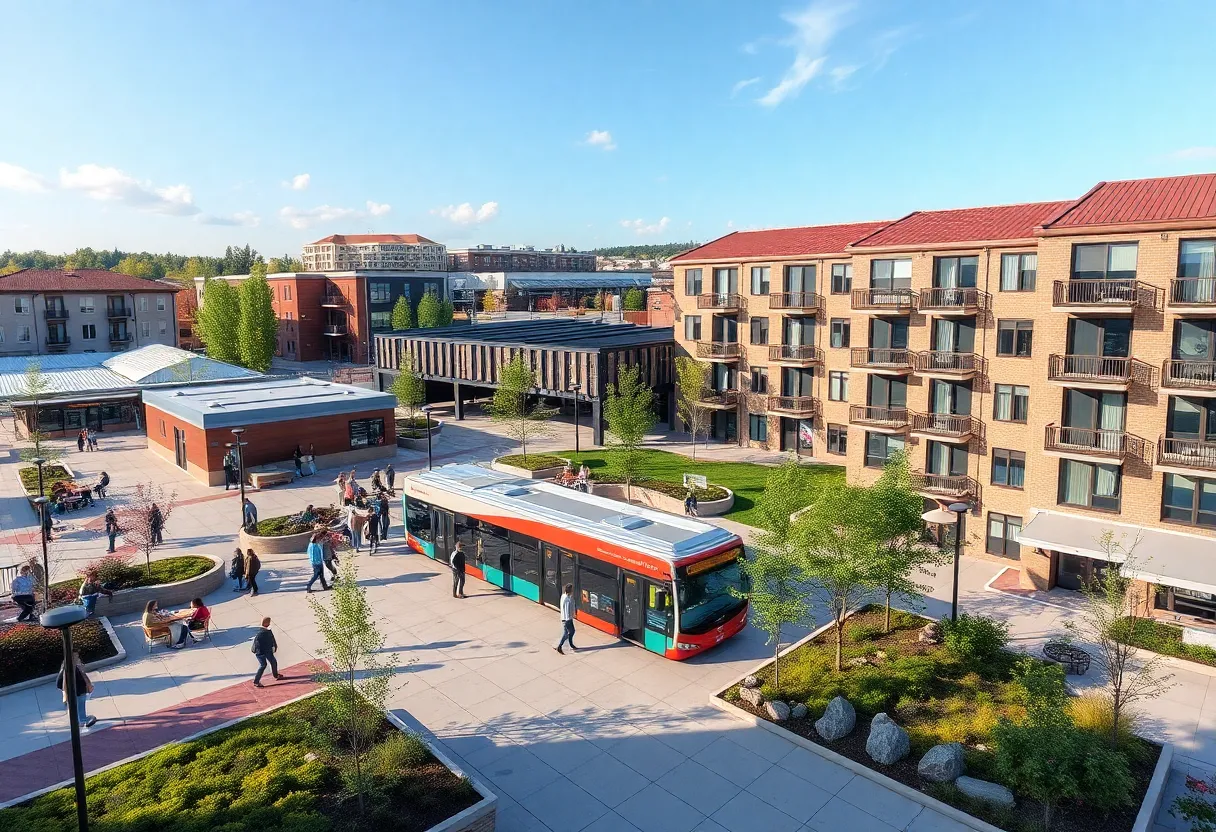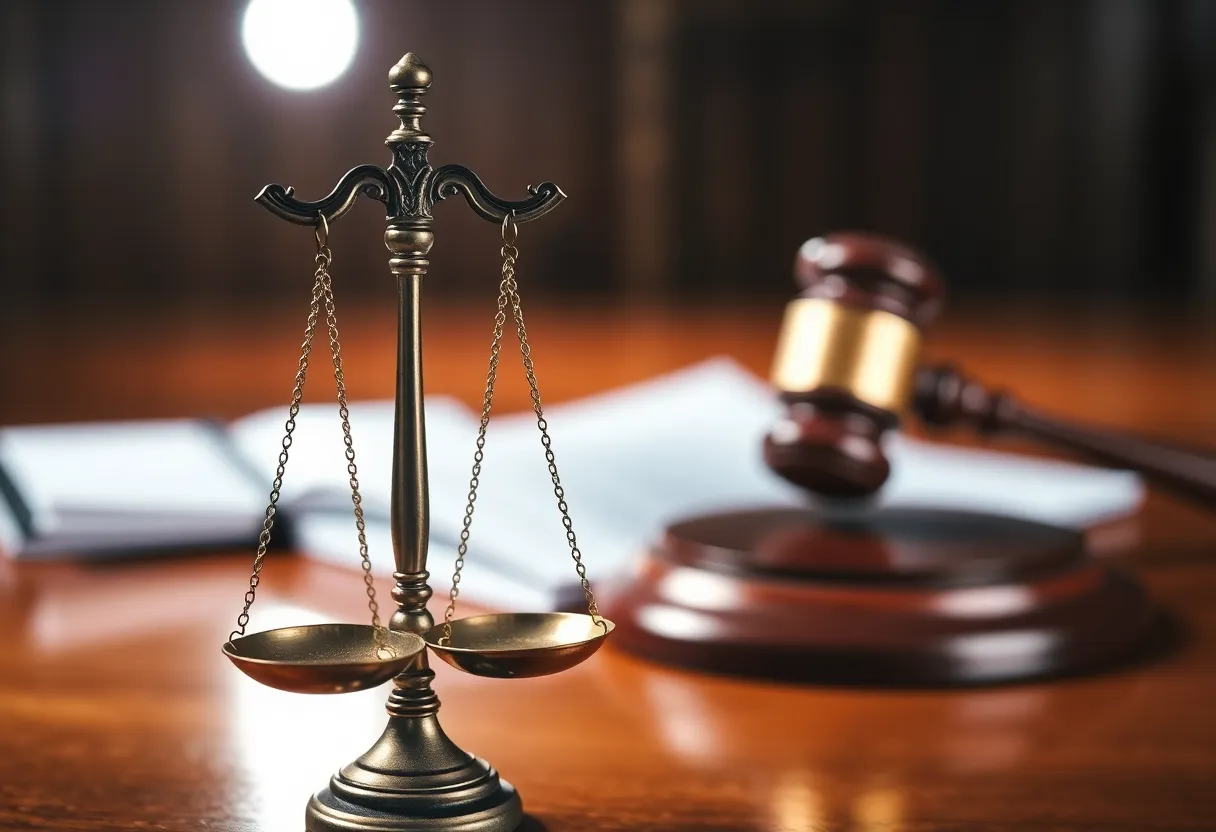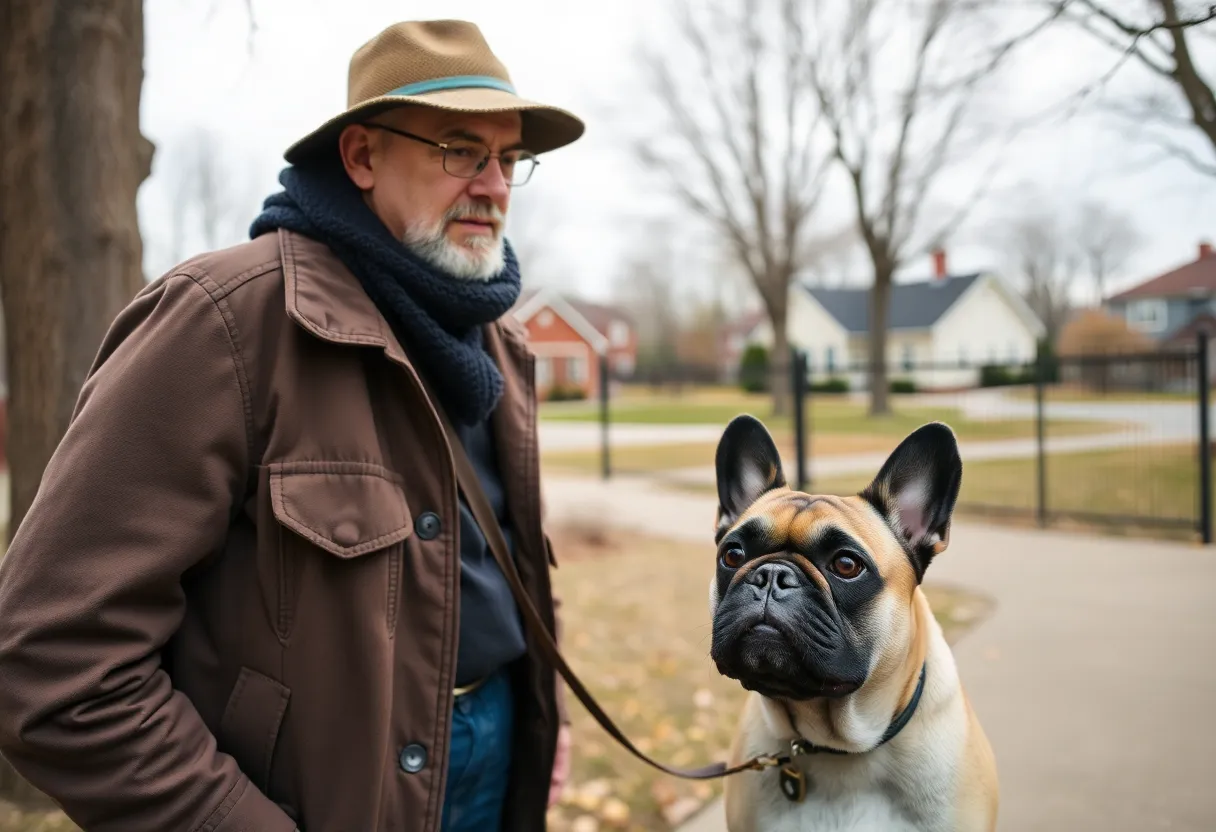News Summary
A hearing set by the Planning Commission to discuss land use changes for two park-and-ride sites in North and South Austin has been postponed. The decision affects plans under the Project Connect initiative aimed at transforming transit centers while addressing community concerns over potential displacement and neighborhood alterations. Locals fear their voices may not be heard in the redevelopment discussions, emphasizing the need for improved community engagement as discussions are rescheduled for April 22.
Austin – A hearing that was scheduled to take place at the Planning Commission regarding land use changes for two Capital Metro park-and-ride sites in North and South Austin has been postponed. This decision, announced on March 25, puts on hold crucial discussions about the future use of these transit sites.
What Happened
The North Lamar and South Congress transit centers are integral components of Capital Metro’s redevelopment initiatives under the Project Connect initiative, which was approved by voters in 2020. The ambitious proposal aims to transform existing parking lots into parking garages while also incorporating affordable housing, retail spaces, and public plazas. However, the Planning Commission focused on Future Land Use Maps (FLUMs) associated with these areas, which serve to guide future development and zoning standards.
Who Is Affected
Neighborhood advocates are particularly concerned about the potential removal of land from existing FLUMs, which they believe may be in conflict with established neighborhood plans. This has raised alarms among local residents who fear that changes may disrupt the character and intentions of their communities. Additionally, the city’s broader initiative to establish Equitable Transit-Oriented Development (ETOD) policies, adopted in 2023, adds another layer of complexity to the proposed changes, as these policies aim to provide a fairer framework for development while addressing issues like resident displacement.
Official Response
The city has faced criticism for what some consider a lack of transparency regarding the redevelopment plans. Locals expressed their frustrations, noting they were only informed about the proposed land use changes shortly before the meeting. In response, Planning Department manager Stevie Greathouse noted that the city has made efforts to engage the community, including mailing over 7,000 postcards, distributing over 400 flyers, and initiating discussions with 187 businesses in the vicinity. However, Greathouse acknowledged the need for more direct engagement efforts with impacted neighborhood organizations, suggesting a preference for smaller, focused interactions over large-scale community meetings.
Impact
The planned redevelopment of the transit centers is seen as a pivotal move toward enhancing public transit accessibility in the region. With the ongoing evolution of public transit infrastructure, the integration of affordable housing and commercial spaces aims to create a more vibrant and interconnected community. However, these positive prospects have to be balanced with community concerns over potential displacement and the alteration of established neighborhood plans.
What’s Next
All agenda items related to the proposed land use changes have been rescheduled for discussion at a later meeting on April 22. The Planning Commission’s decision to postpone the hearing reflects the need for more comprehensive dialogue and consideration of community insights. The city plans to integrate the station area plans within the larger Imagine Austin Comprehensive Plan and amend the Land Development Code to facilitate better area planning. As discussions continue, the effectiveness and transparency of community engagement will play critical roles in shaping the redevelopment efforts.
Deeper Dive: News & Info About This Topic
HERE Resources
Austin Proposes Significant Changes to Housing Landscape
Austin City Council Advances Mixed-Use Development Plan
East Austin’s Equity Overlay Study Faces Community Concerns
Neighbors Oppose Development Near Martin Luther King Jr. Station
Austin Bids Farewell to Beloved Gastronomic Gems
610 Baylor St. in Austin Receives Historic Landmark Status
UT Austin President Jay Hartzell Transitions to SMU
Austin’s Colorful History as Texas Capital
Kyle, Texas Launches Ambitious Plans for Downtown Revitalization
Additional Resources
- Austin Monitor
- Wikipedia: Future land use
- Holland Sentinel
- Google Search: Planning Commission
- Austin Monitor
- Google Scholar: Redevelopment plans
- McKenzie Banner
- Encyclopedia Britannica: Transit-oriented development
- Austin Monitor
- Google News: Equitable Transit-Oriented Development








